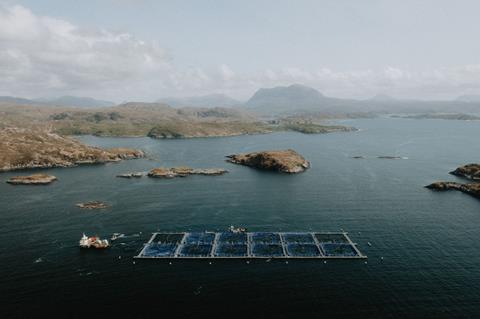
Loch Duart Salmon has unveiled its Loch Duart Standard “setting the benchmark for innovation and transparency” in Scottish salmon farming.
The standard is independently managed and assessed by Leigh Grant Consulting and Partners in Welfare.
Loch Duart said it was a “deliberate move away” from existing frameworks, which were suited to larger operations. Its standard was designed to reflect the way Loch Duart raised its salmon in small-scale, low-density pens, using a natural, welfare-led approach to farming, the brand said.
The standard covers every stage of production from broodstock through to harvest. Leigh Grant Consulting has been given “unhindered” access to all Loch Duart sites.
“Our unique, small-scale approach to raising salmon, which we call ‘The Loch Duart Way’, has always set us apart,” said Mark Warrington, managing director of Loch Duart Salmon. “Now, with the introduction of the Loch Duart Standard, we’ve created a bespoke framework tailored specifically to small-scale farming operations and not adapted from large-scale models.
“This new standard reflects how we farm: hands-on, welfare-led and future-focused.”
The standard focuses on three key areas: farming at small scale, more on-site audits and independent verification.
It will also include regular, rigorous on-site audits to make sure every team member is responsible for the care of its salmon. Most of these will be unannounced.
Leigh Grant Consulting also said that inspections would focus on the fish and “the majority of our time will be spent observing staff interactions”. This is to encourage staff to develop and share best practice to create a commitment to achieving and maintaining compliance, it added.
“The Loch Duart Standard prioritises accountability and introduces a new level of transparency with regular, on-site inspections and through independent audits of each site by professionals with more than 85 years of animal welfare expertise,” added Warrington. “Crucially, the standard is dynamic and agile and designed to evolve alongside the continuing advancements in fish welfare practices and environmental management.”


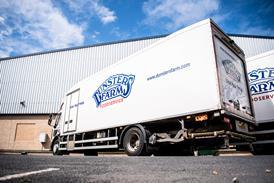
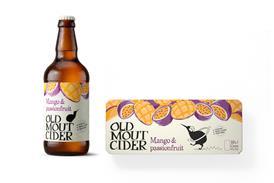
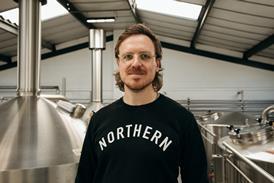


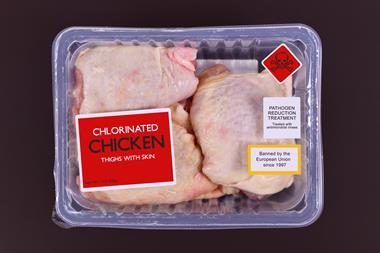

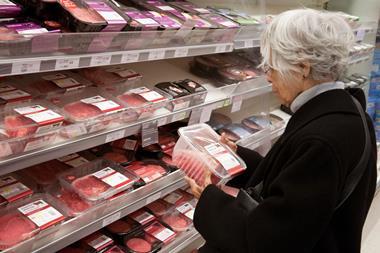
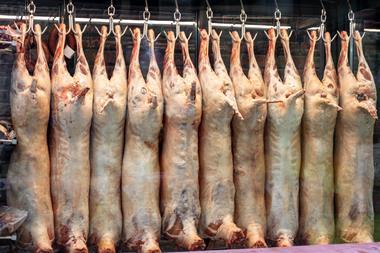
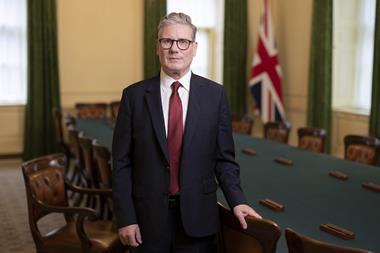

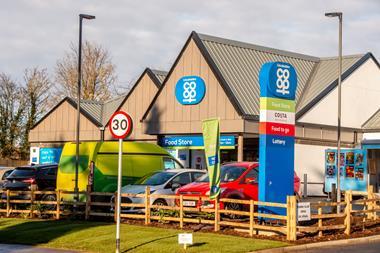

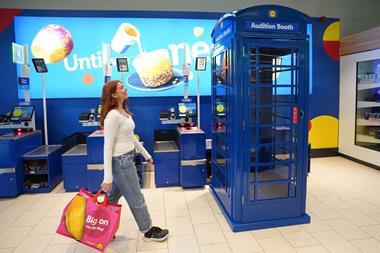
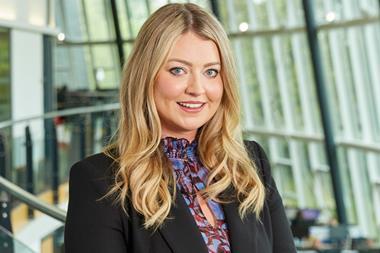
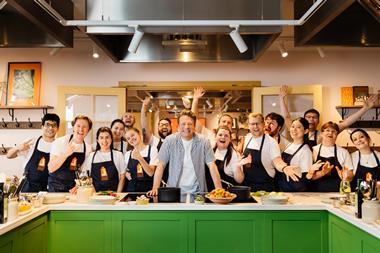

No comments yet